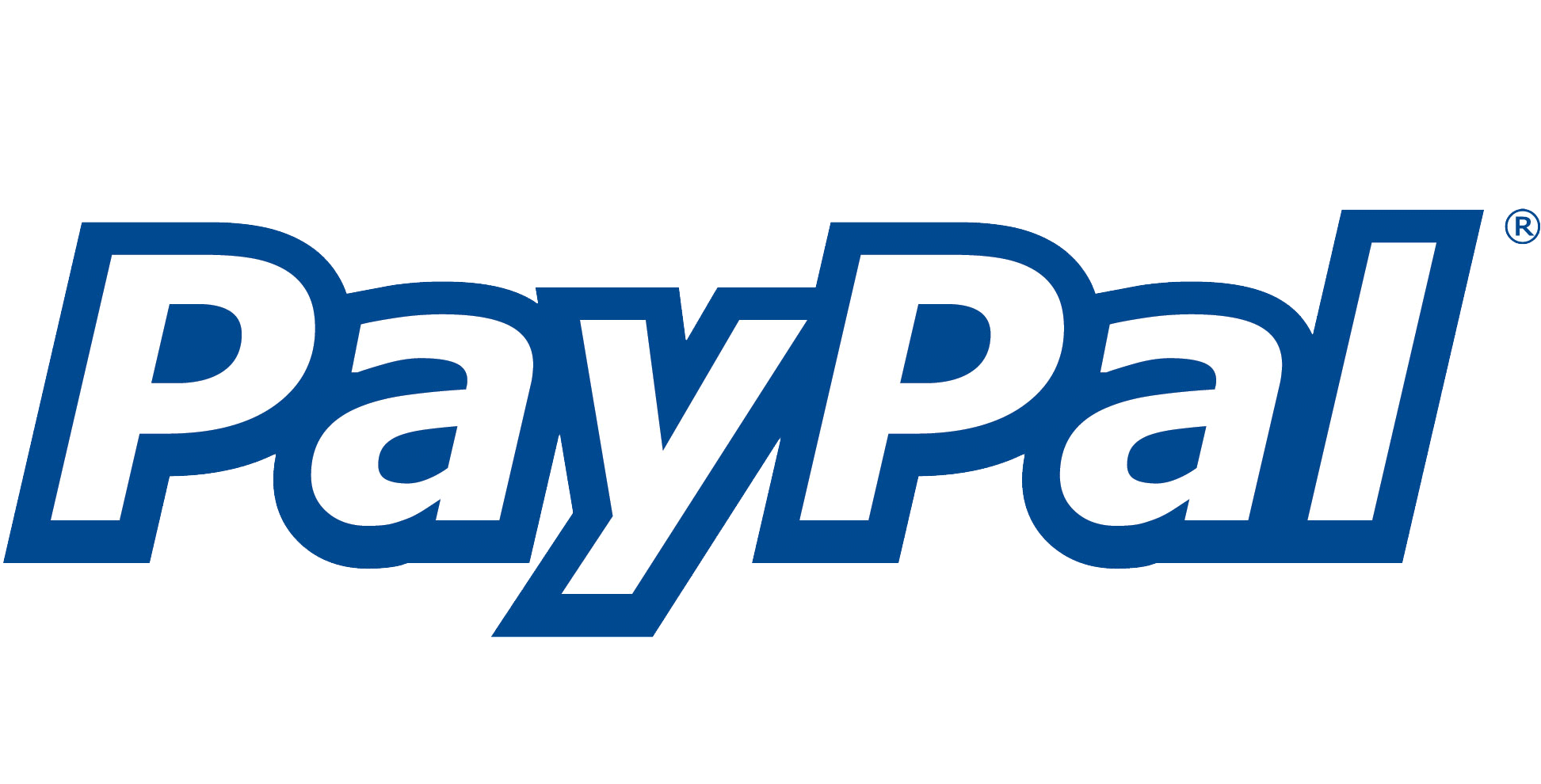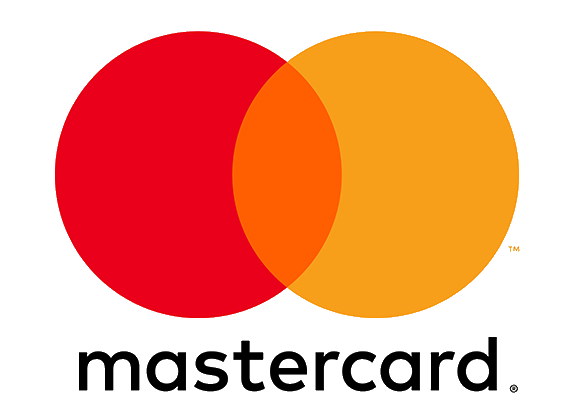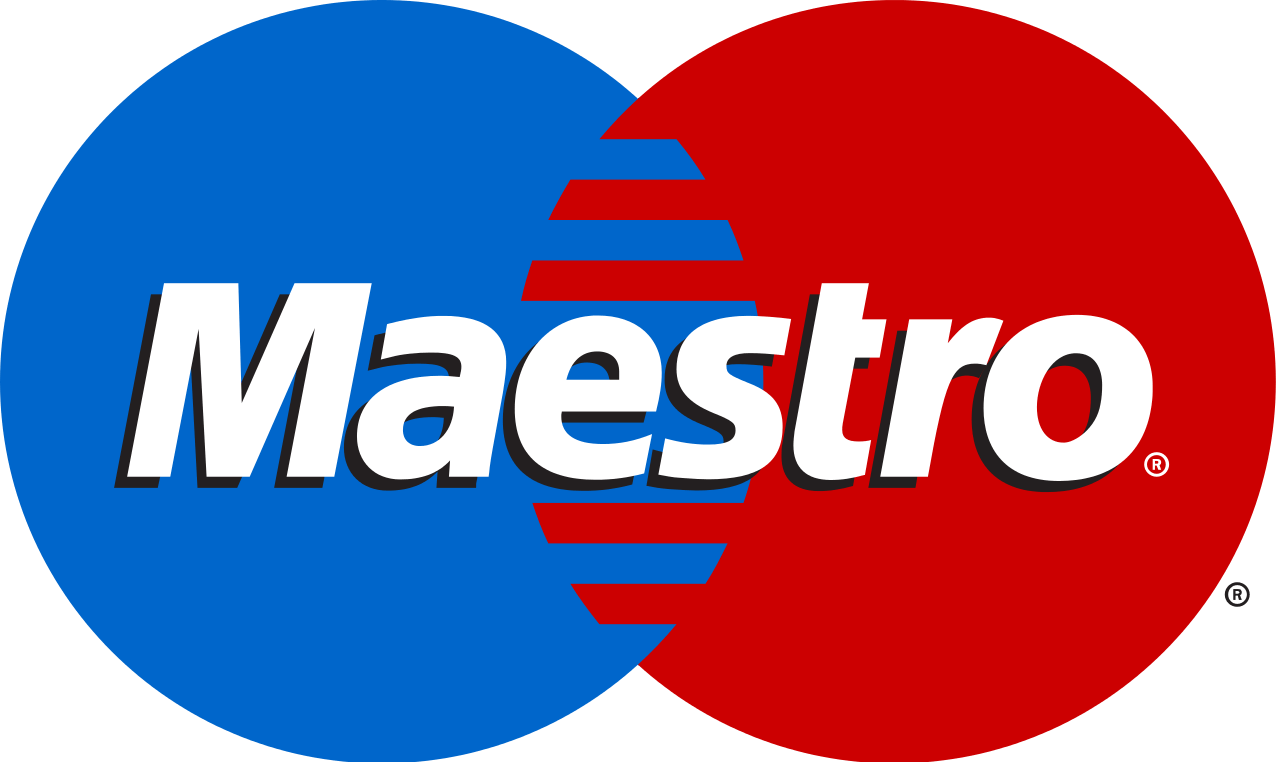Travel Guide - Namibia
Banks
The Namibian Bank allows you to exchange all freely convertible currencies and traveller's cheques into Namibian Dollars. At bigger branches you find ATM's, where you can draw money with a credit or Maestro card. The banks are usually open on weekdays from 9:00 to 15:30. Some are closed at midday between 13:00 and 14:00 pm. The Namibian Dollar is on par with the South African Rand (1:1). At present (April 2011) 1 Euro equals about 10 N$.
Clothes
The southern winter (May - September) in Namibia is characterised by pleasant day temperatures (about 25 degrees C), while the nights are very cold; often below zero. One should bring both, summer clothes and warm jerseys. During the summer months, day temperatures can soar to well over 30 degrees C while night brings little relief. Many people struggle to sleep well in the heat. For the summer months you will need light and airy clothes; sun-hats, sun-glasses, sun-tan lotion and firm shoes are indispensable.
Credit Cards
In Namibia you can generally pay with the usual credit cards (VISA, MasterCard), but not at petrol stations.
Currency
In 1993 the Namibian Dollar (N$) was introduced. It is on par with the South African Rand (1:1), because the two countries' economies are closely linked. It is even legal to pay with the South African Rand in Namibia.Currency Restrictions?Foreign Currency can be imported in unlimited amounts as cash or as travellers' cheques. Travellers' cheques can be cashed at any bank in Namibia. Accepted credit card are Visa-, Master- oder Diners Card. EC cards (Maestro) can only used to draw cack at Standard Bank branches. Per person a maximum of N$ 2000 may be brought in.
Customs
Namibia forms a Customs Union with the other Southern African countries. No customs on all personal items. Custom-free one can import things of pernal use and: 1 litre of liquor, 2 litres of wine, 50ml parfume, 250ml Eau de Toilette, 400 cigarettes or 50 cigars, 250g cigarette or pipe tobacco, other new or used items to the value of N$ 2000. All other items, including groceries are subject to harsh costums regulations. The import of a vehicle for own use requires a Carnet de Passage document, issued by the Automobile Association in your country. A refundable deposit must be paid. After your travels, you have to take the vehicle out of Namibia again; you are not allowed to sell it in Namibia or South Africa.
Drinking Water
The tap water in Namibia is clean, good and drinkable, unless otherwise stated by the accommodation venue. When driving to remote areas, one should always take lots of bottled water along. Mineral water and ice for cooling are available at most petrol station and in shops.
Electricity
The voltage in Namibia is 220-230 V, AC (identical to South Africa). Adapters are for sale at most supermarkets. Farmers often generate their own electricity with a diesel generator, which they usually only run during the day. At night it's candlelight or light from a 12 Volt battery.
Entry
Visitors from Europe need for a stay of not more than 90 days only a valid passport (valid for at least 6 months longer than the departure date). There are special regulations for longer stays. Wrong dates on the stamps or other errors eventually are to the detriment of the visitor. Check immediately if all entries are correct. It is possible to import hunting rifles. The permit is issued at entry. You have to produce a fire arm licence from your home country.
Flights
Quite a number of airlines service Windhoek, some on a daily basis. The flying time on a direct flight is 9 to 10 hours. Prices vary a lot, depending on the season and airline. The most expensive times are around Christmas and Easter as well as from July to September. Air Namibia services from Windhoek Keetmanshoop, Katima Mulilo, Oshakati, Walvis Bay, Luederitz, Cape Town, Johannesburg, Maun, Gaborone and Victoria Falls.
Entry & Visa
Most visitors enter Namibian grounds at Hosea Kutako International Airport in Windhoek. It is about 45 km out of town, because Windhoek is nestled in a narrow valley. The Eros Airport which is closer to town does not have a runway for larger aircraft and is being used for domestic flights and by local charter companies only.
At present the national airline Air Namibia flies with its A340 Airbus fleet six times a week directly from Frankfurt to Windhoek. Air Berlin flies from Munich to Windhoek, twice a week. All other airlines - Lufthansa, SAA, KLM, Swiss, British Airways - service Windhoek via Johannesburg only, which increases the travel time from 10 to about 12 to 14 hours, often at a cheaper tariff, though. Emirates has longer stops in Dubai, Qatar Airways in Qatar.
The formalities of entry are uncomplicated for visitors from EU countries and a maximum stay of three months. Visa are issued at entry. Your passport has to be valid for another 6 months.
Climate and Travel Seasons
With 300 days of sunshine on average per year, Namibia is truly a sunny place. It rains sometimes, during the summer months from November to February usually in form of cloudbursts. In this "rainy season" - which is a slightly exaggerated term - the dry riverbeds, called "riviere", get filled with torrents of muddy water for a short time. Then the sun-scorched land comes to life and develops a colourful horizon to horizon floral carpet within a few days.
Namibia can be travelled at any time of the year. The best time, however, are the months from April to October, when the temperatures are around 25 degrees during the day and the sky is always blue. The nights are cool, but a pleasantly dry cold.
The dry winter months (July to September) are also a good time to visit this desert country. The day temperature usually stays above 20 degrees. But on the central plateau and in the Namib desert the nights can be freezing.
Value Added Tax (VAT)
VAT is charged at 15%. If one has bought expensive items, one can produce the tax invoices and get a VAT refund at the Hosea Kutako Airport.
Vaccinations
For Namibia no vaccinations are required. Some countries recommend vaccinations against tetanus, diphtheria, polio and hepatitis A and B. Malaria-prophylactic (like Lariam) is only necessary, if you are planning to visit areas north of the Etosha Park or in the Caprivi. It is most essential to cover yourself from mosquito bites, since no remedy offers total protection. Cover yourself as completely as possible and rub the remaining exposed skin: neck, face, hands, wrists, ankles with Tabbard. If you still contract malaria, despite taking medicine, you are going to be defenseless against the virus. On return from a malaria infested area, watch out for symptoms and see a doctor immediately, if they arise to get medication as early as possible. Proof of a recent yellow fever vaccination is required, if you enter from a yellow fever area.
Opening Hours
Shops are usually open on weekdays from 8.30 to 13:00 and then from 14:00 to 17:00. Saturdays; from 8:30 to 14:00. Some shops, e.g. the "Portuguese" ones, have longer opening hours. Banks open at 9:30 and close at 15:30 during weekdays, while they close as early as 11:00 am on Saturdays. Post offices are open on weekdays from 8:00 to 16:30 and 8:30 to 11:00 am on Saturdays.
Telephone
The Namibian telephone net is satisfactory. Namibia has a fully developed modern mobile net which works in the bigger towns. One can phone everywhere in Namibia with GSM dualband.
Time
In the Namibian summer, time is ahead of Central Europe for an hour, while in winter it falls an hour behind.
Tips
It is customary to give a tip of 10% of the bill in restaurants. Porters receive 2 to 5 N$ and a petrol station attendant about 2 N$.
Medical Care
The medical services are generally very good, at least in the larger towns. Private hospitals in Windhoek, Otjiwarongo and Swakopmund have a good reputation. Although most doctors are General Practitioners, there are also some specialists in the country. At present, only patients who require heart surgery need to go to Cape Town. The best private clinic is in Windhoek: Mediclinic, Heliodor Street, Klein-Windhoek, Tel 061-222687. Medical Air Rescue Service: ISOS, Tel 061-249777. Medrescue, 061-230505. Most remedies are available at the pharmacies in the bigger towns.
Medical Insurance
Ask your medical aid, whether you are covered when travelling in Namibia. If not, you should take out a medical travel insurance.
Languages
Before Independence, English and Afrikaans had been the only official languages. Now they are also Herero, Ovambo, Damara and Nama. The white population mostly speaks Afrikaans (60%) and German (35%). You can manage well with English and German.
Public Holidays
| Date | Public Holiday |
|---|---|
| 1st January | New Year's Day |
| 21st March | Independence Day |
| 22nd March | 2 Independence Day |
| 1st May | Workers' Day |
| 4th May | Cassinga Day |
| 25th May | Africa Day |
| 26th August | Heroes Day |
| 10th December | Human Rights Day |
| 25th December | Christmas Day |
| 26th December | Family Day |
Changeable public holidays: Good Friday - Easter Monday - Easter Sunday - Ascension Day. Public holidays, which fall on a Sunday, move to Monday.
Have Any Questions
Don't Hesitate to contact us for a dream holiday!
Copyright © 2012 - 2024 Afrikan Accent Adventures.
- We Accept




